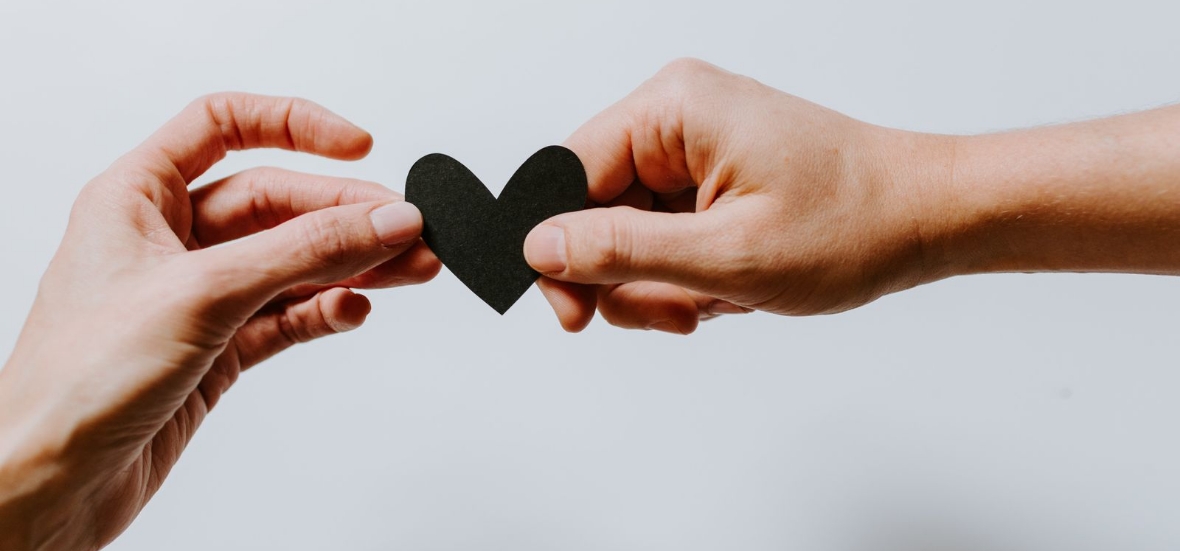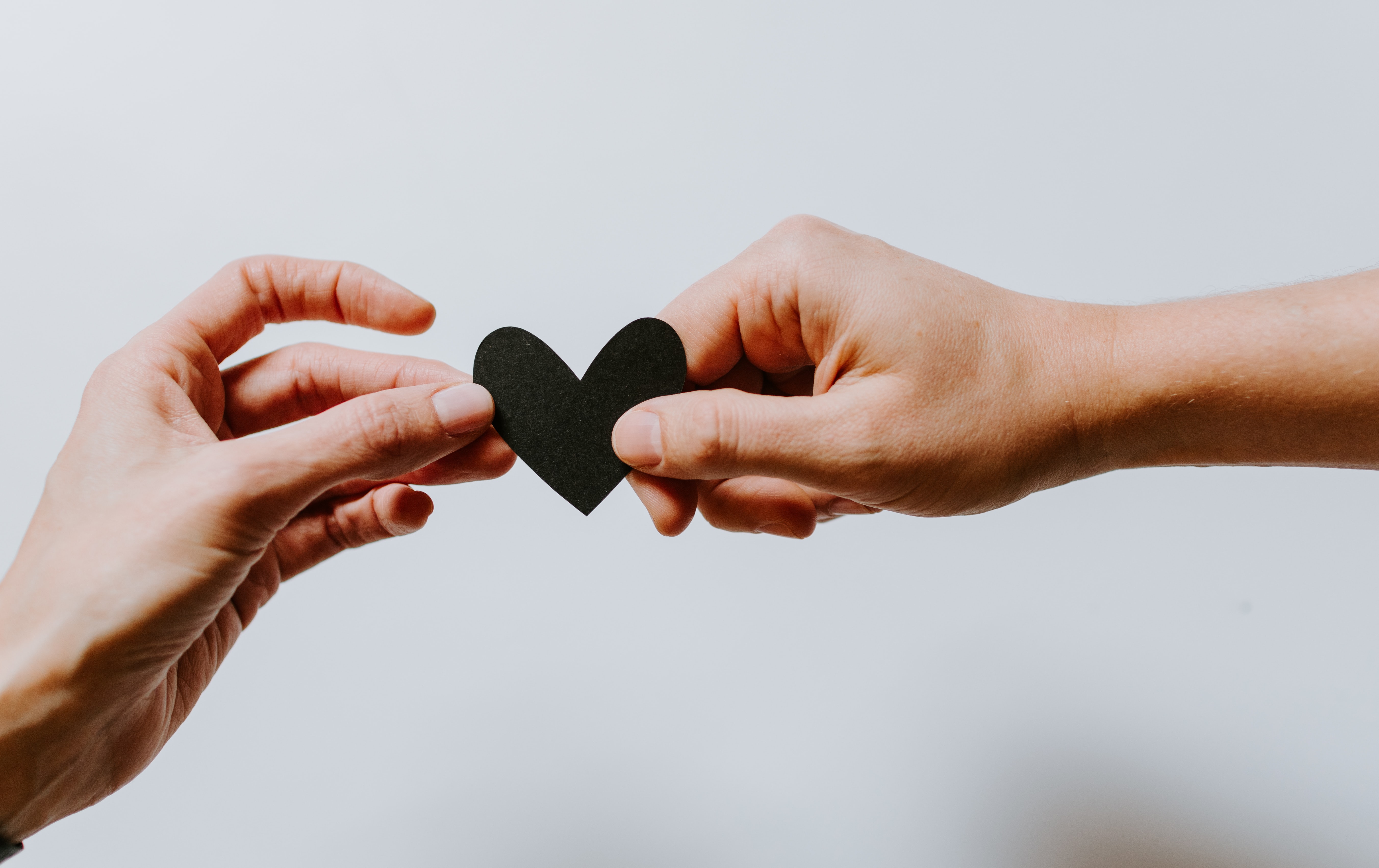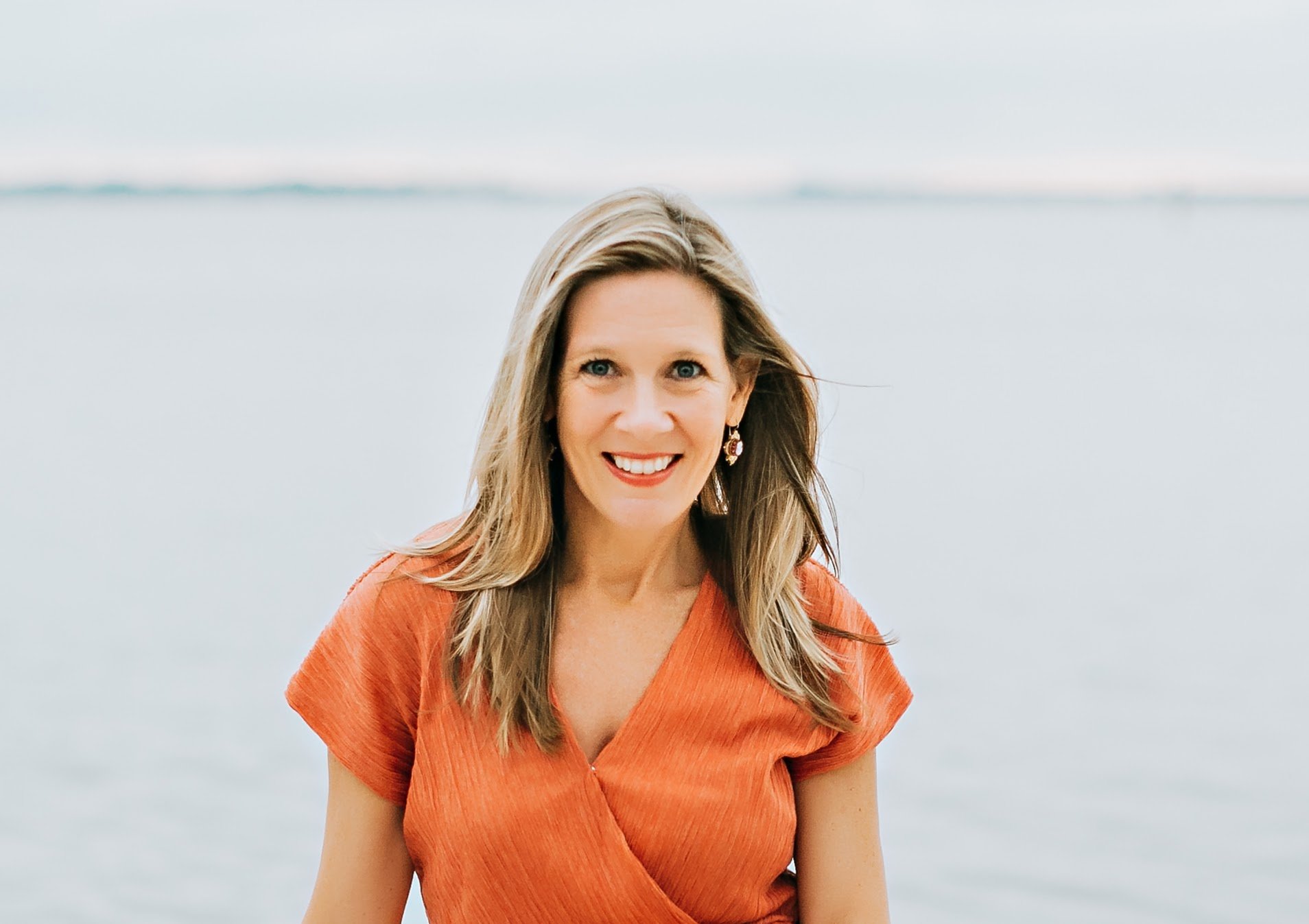
Lara Patangan examines how our instinct for self-preservation allows us to forget our responsibilities to those around us.
In the bathroom, I noticed that the small vase on the pedestal sink had broken. It lay in pieces while the plant it once held in water splayed like a dying fish whose gills move in slow silent puffs of suffocation. I asked my son who was just outside the room staring at his phone or iPad or another electronic brainwasher if he knew what happened to the vase. Brilliant as he is, he told me it broke. I asked him if he broke it and indeed, he had. When I inquired as to why he didn’t clean up the broken glass, he responded with a casual, “I forgot.”
I probably should have prefaced this story by saying my son is not three. I have teenage boys, not toddlers – although there are remarkable similarities. I wasn’t upset that he broke the vase. I am at the point in my life that when something breaks, I think “great that is one less thing I have to ask myself about whether it sparks joy.” Not having to answer the question that made Marie Kondo a household name certainly sparks joy. So, the broken vase wasn’t the issue.
At issue is how obvious it was to me that there was an issue when in between the time span that he presumably washed his hands and turned off the faucet he seemingly forgot to see shattered glass and a wounded plant. The incident reminded me how in our increasingly polarized society people only see what they want – the rest they just forget about.
Part of me gets this because sometimes it seems like there is an infinity of social problems: hunger, neglect, abuse, pornography, abortion, homelessness, injustice, or any variation of suffering that could be prevented or alleviated if people cared enough. If we are ever going to get the laundry done or our day jobs, we can’t possibly worry ourselves with every sad story we come across. It simply becomes burdensome to know so much especially when we generally feel inept to make a meaningful difference.
Living in such turbulent times, self-preservation urges us to only worry about ourselves or those closest to us. Life feels too sticky to concern ourselves with anything more. Yet, as I scroll through social media and news reports, with their jagged, biting, and bitter words, I can’t help but think that we are losing ourselves in this mind-set of me. We are losing compassion for others. We are forgetting we have a responsibility to care for our neighbor – the ones we haven’t met, the ones whose lives are nothing like ours, and even those who we are pretty sure aren’t nice people. God has no caveats and we must not either.
We are losing ourselves in this mind-set of me. #catholicmom

It’s true that alone we can do very little to create meaningful change in the world. This is because we were never meant to go at it alone.
And let us consider how we may spur one another on toward love and good deeds, not giving up meeting together, as some are in the habit of doing, but encouraging one another – and all the more as you see the Day approaching. (Hebrews 10:24-25)
The day is here – to unite our efforts to love others – to act as true disciples of Christ by not ignoring the world’s brokenness. It may feel like a nuisance to help with someone else’s mess but somehow it manages to make us more whole. And there’s no question about whether that brings joy.
Copyright 2020 Lara Patangan
Image: Kelly Sikkema (2020), Unsplash
About the Author

Lara Patangan
Lara Patangan is a freelance writer and inspirational speaker. A wife and mother of two boys, Patangan spent a year doing works of mercy. She writes about the life-changing power of mercy at LaraPatangan.com in a way that is humorous, relatable, and rife with humility. Her book, SimpleMercies: How the Works of Mercy Bring Peace and Fulfillment, is available for purchase wherever books are sold.


.png?width=1806&height=731&name=CatholicMom_hcfm_logo1_pos_871c_2728c%20(002).png)
Comments